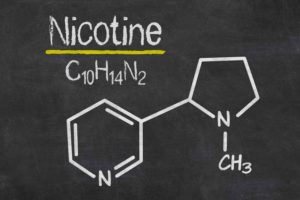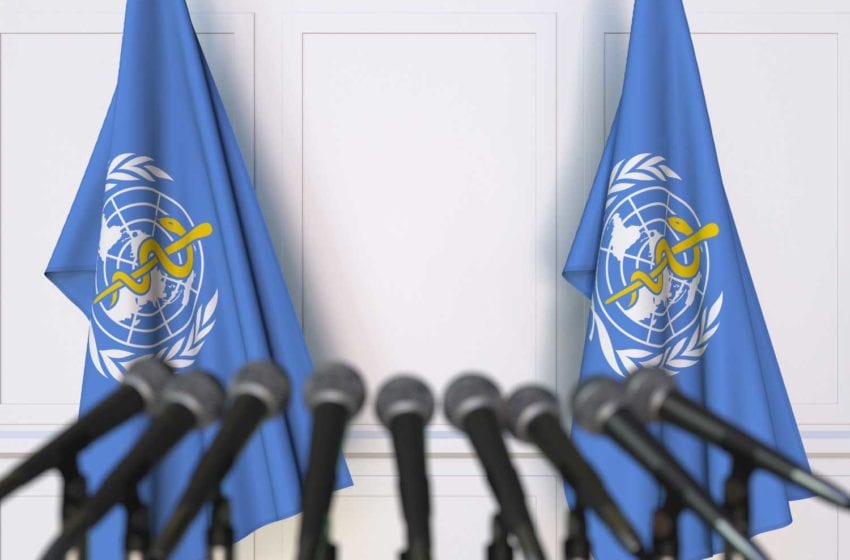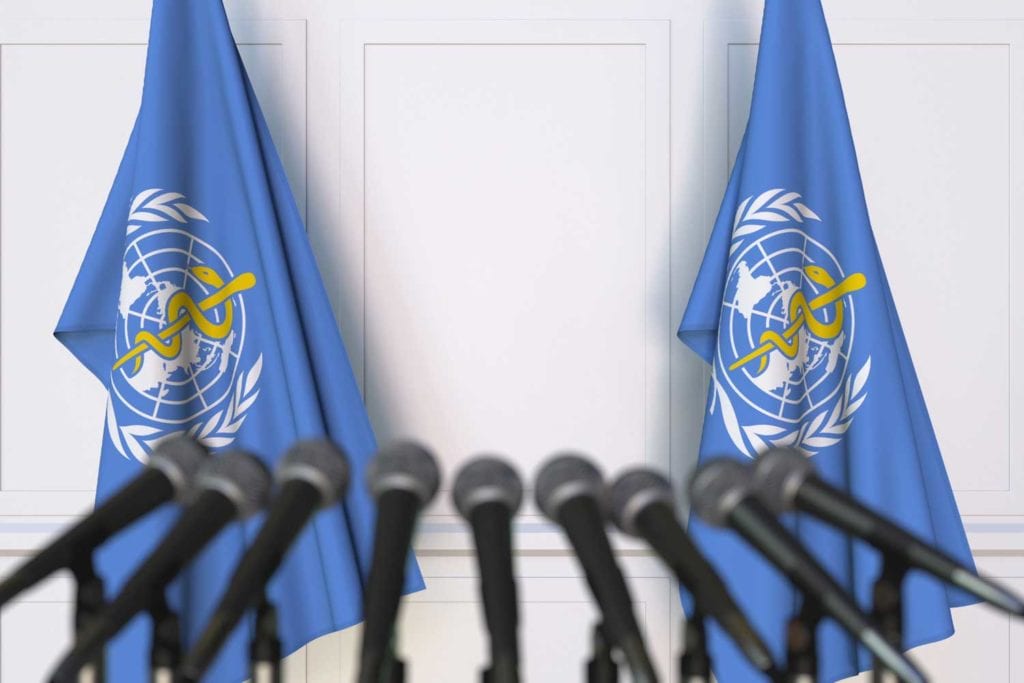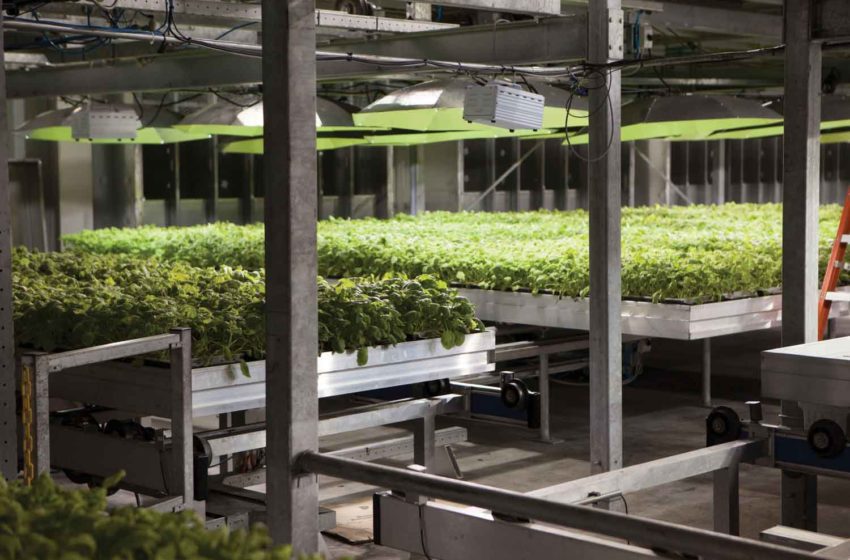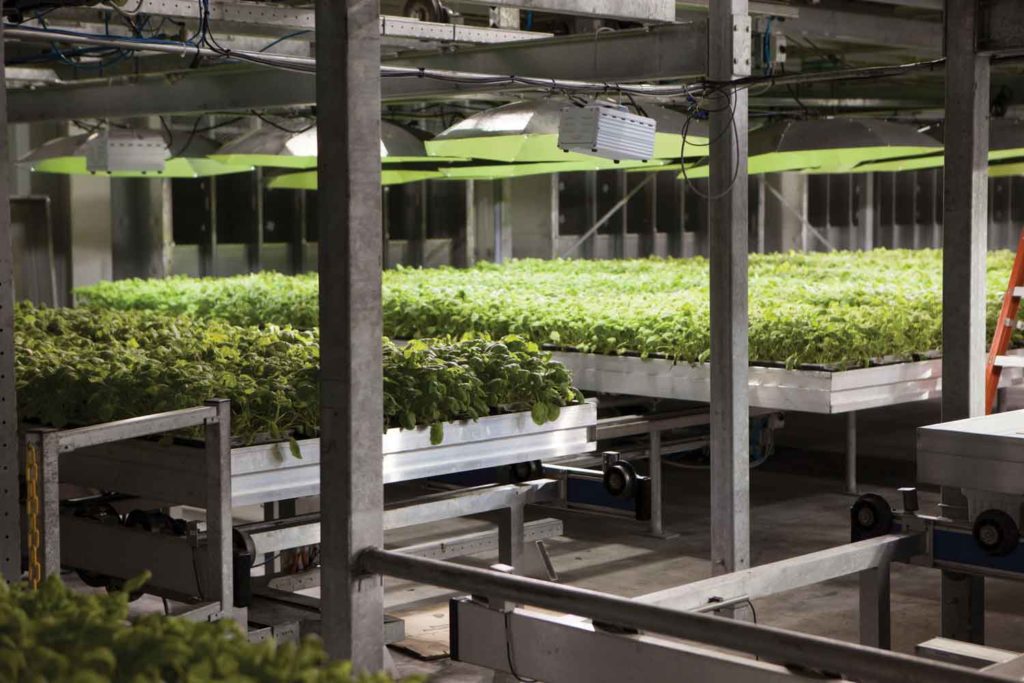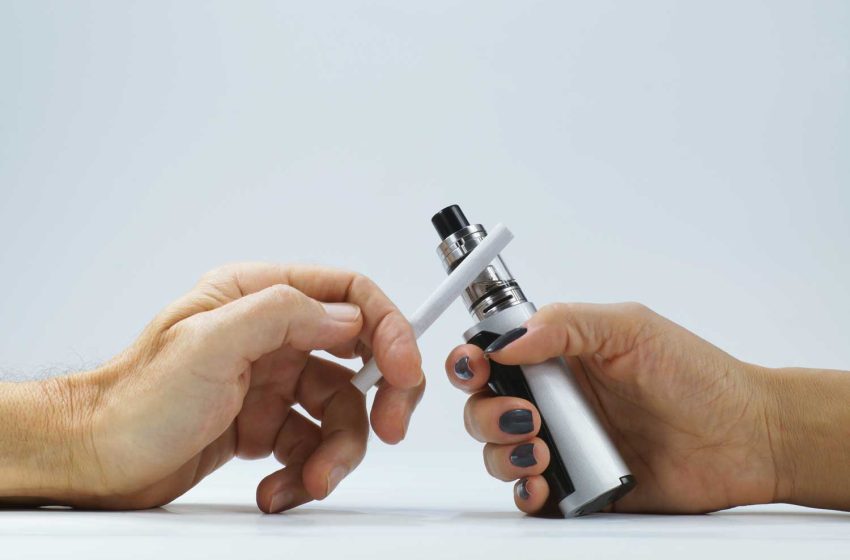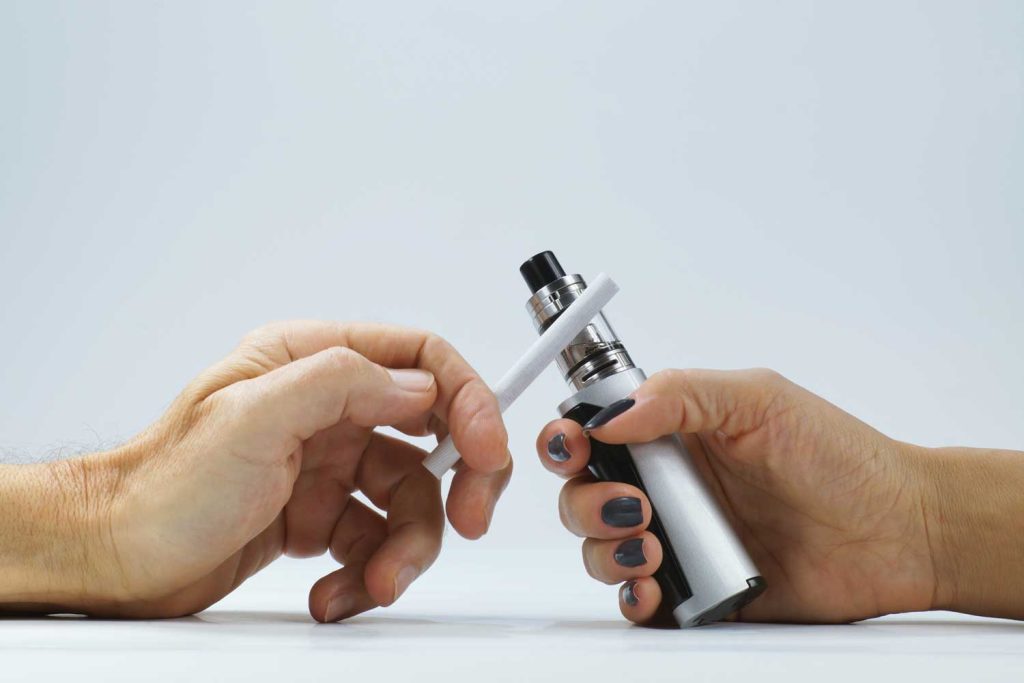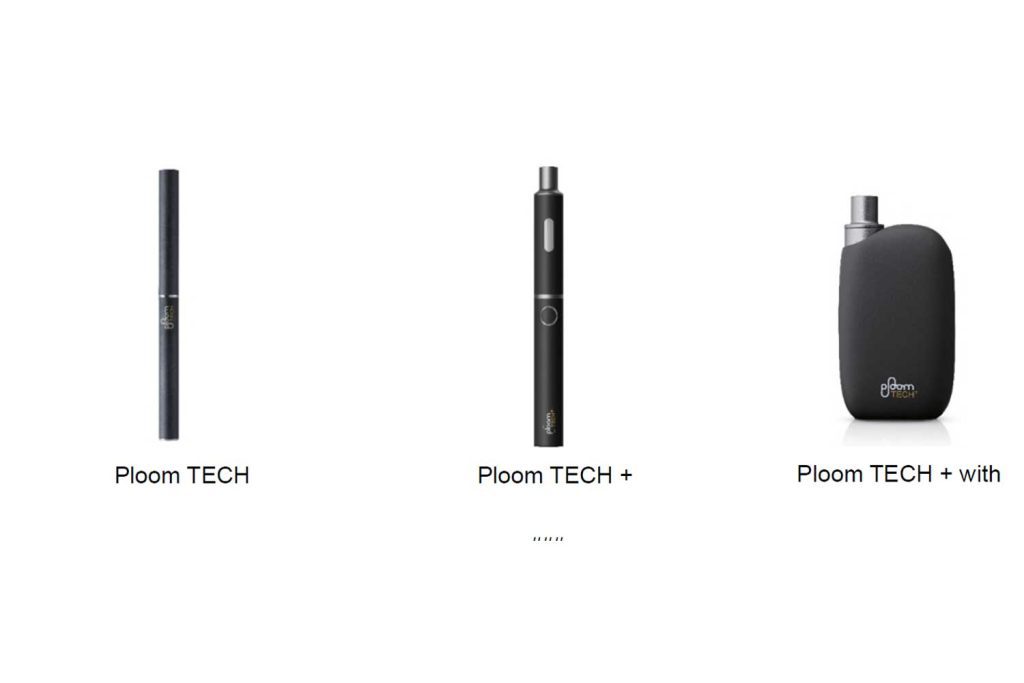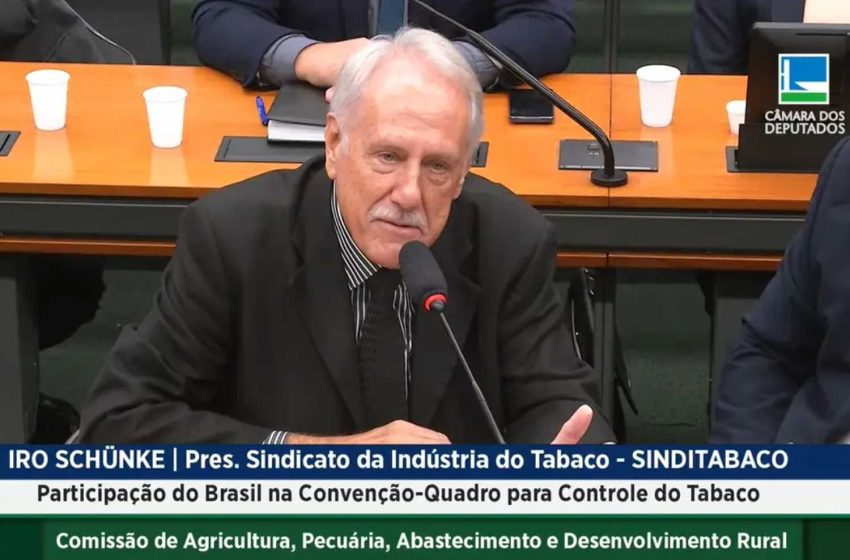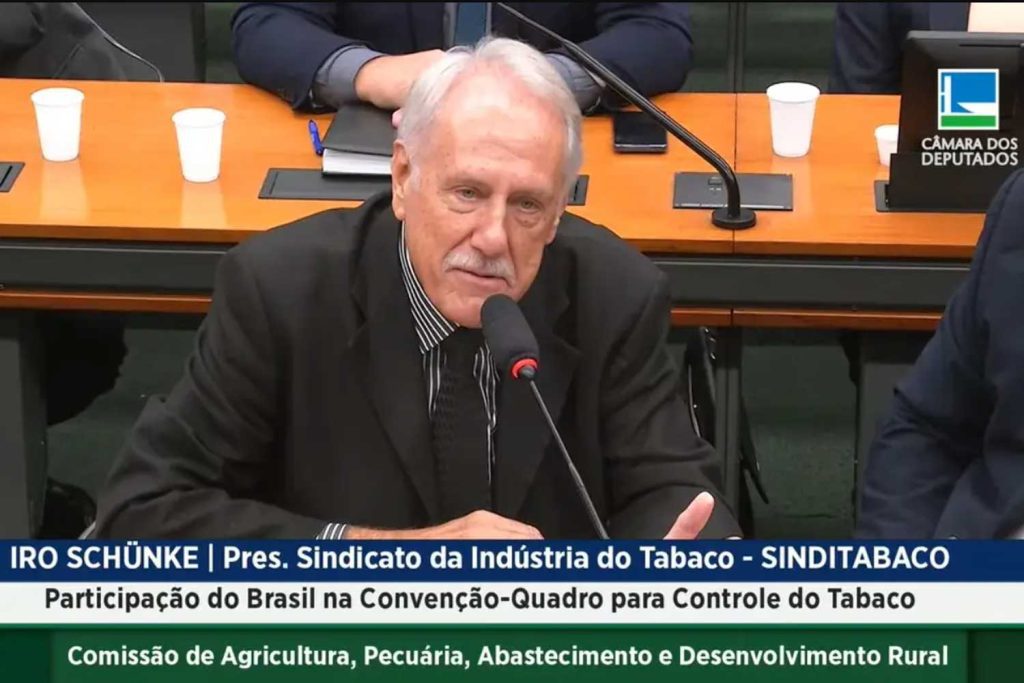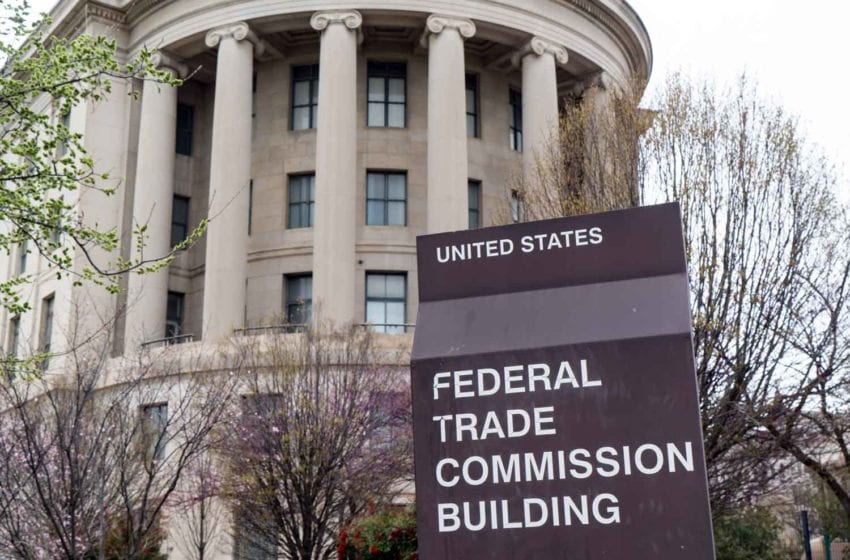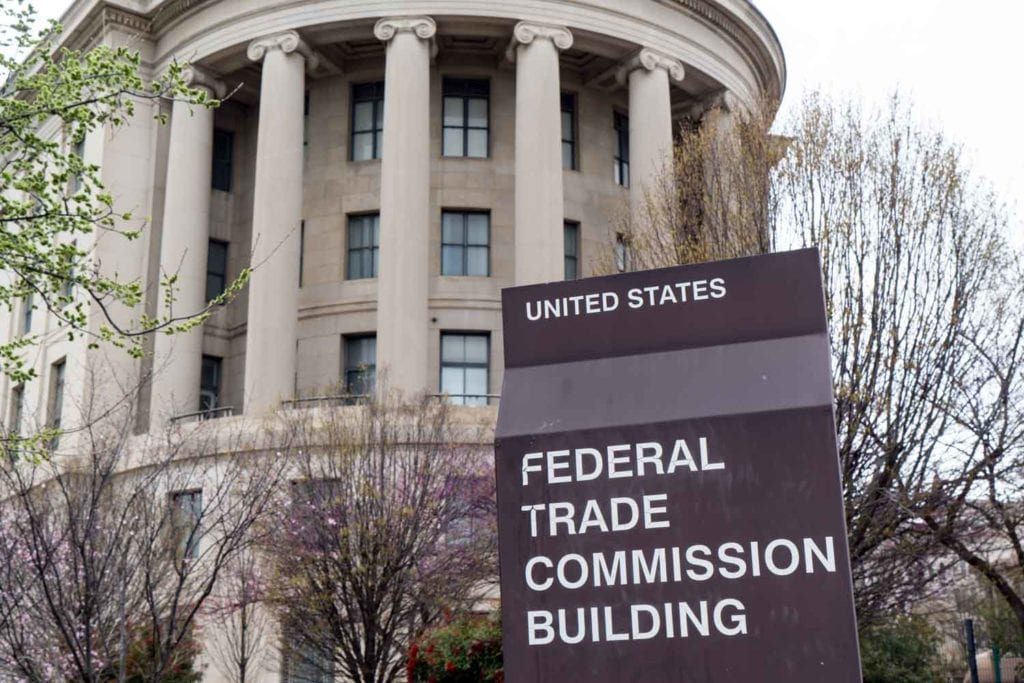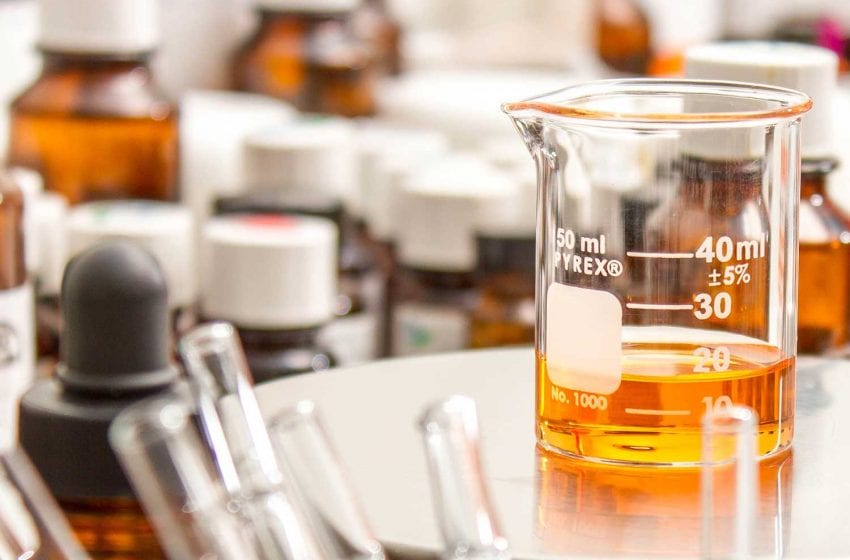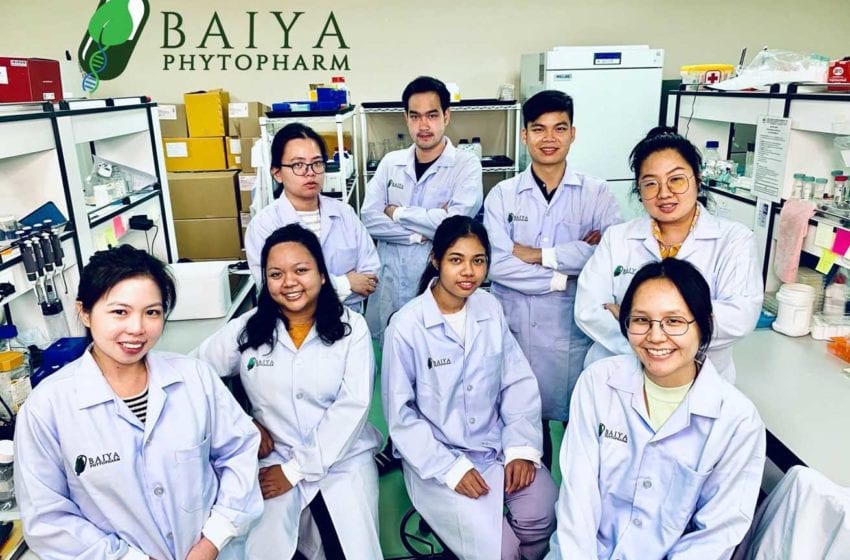
Consecutive price hikes appear to have prompted Danish smokers to purchase more cigarettes abroad, reports The Local.
In 2019, Danish smokers purchased 250 million cigarettes in shops across the border. By 2022, that number increased to 700 million, according to the Ministry of Taxation. That reflects a rise in spending from DKR410 million ($60.34 million) to DKR1.15 billion.
The figures coincide with the rise in price of cigarettes in Denmark. Between 2020 and 2022, the price of a pack of cigarettes increased from DKR40 to DKR60.
“The Ministry of Taxation’s figures speak for themselves,” Janick Nytoft, managing director of The Cooperative Merchants, an industry organization, was quoted as saying by newswire Ritzau. “You cannot raise taxes in Denmark without increased cross-border trade. Cigarettes bought abroad do not make the Danes healthier, but the treasury and the shops poorer,”
Meanwhile, a 2022 survey of smoking habits, showed that the rise is cigarette prices had not significantly reduced the number of smokers in Denmark.
In 2022, 19 percent of people in Denmark smoked daily or occasionally, compared to 18 percent recorded in 2020. Among 15-19 year olds, smoking incidence actually increased. In 2022, 25 percent of this age group said they smoked daily or occasionally—up from 23 percent in 2022. The same age group also experienced a rise in users of e-cigarettes and smokeless nicotine products.
Health activists said the tax ministry’s numbers proved that the price hikes had been too modest. Mads Lind, chief consultant at the Heart Association, urged the government to increase prices to DKR100 per pack.
In addition to price hikes, Denmark has been debating other measures to reduce the number of smokers. Other proposals include plain packaging, restrictions on product displays and a so-called generational tobacco ban, which would prohibit sales to people born after a certain date.
According to the National Health Authority, around 13,600 people die every year from smoking in Denmark.


















